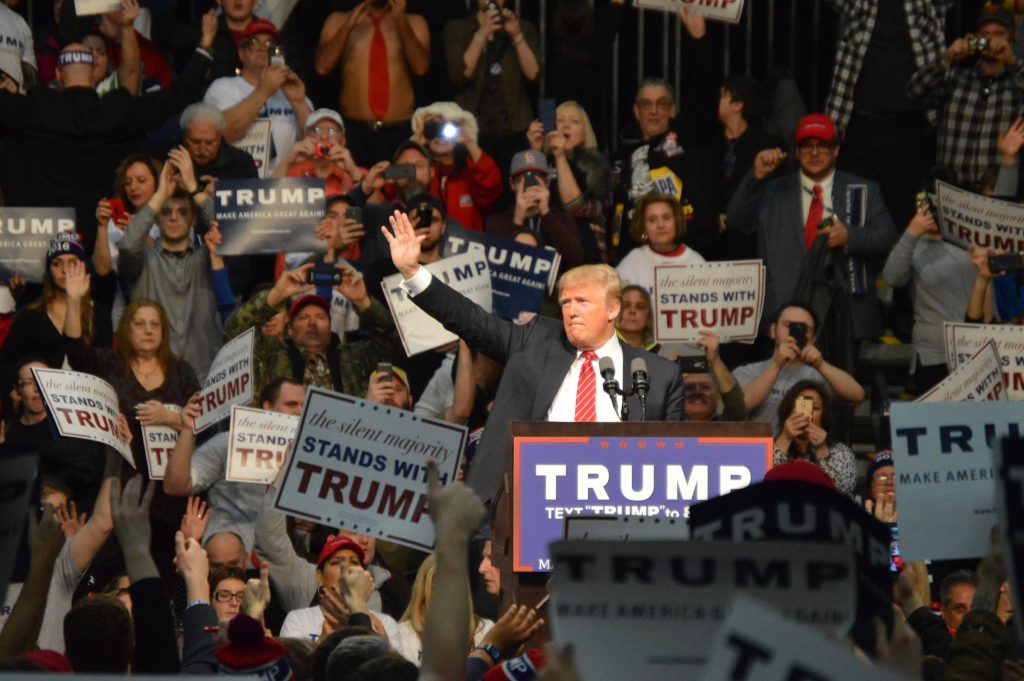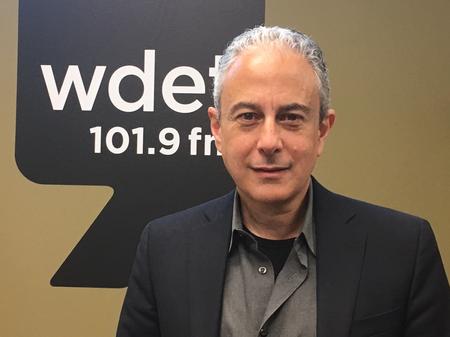How Are Communities of Color Reacting To Trump’s Election?
“The problems we’re facing right now are not made by Donald Trump.”


On Wednesday, many communities of color woke up to a future in America that was uncertain. Would a President Trump make good on promises to halt immigration, create religious tests, increase stop-and-frisk policies, or deport families?
Because Donald Trump has no voting record it’s unclear what kind of president he will be, and whether his campaign rhetoric was just that — talk — or promises that he intends to see through.
Detroit Today Host Stephen Henderson speaks with journalists and prominent members of two groups of people from our region that stand to be affected — our black community and our Middle Eastern community.
“Minorities, we understand that the world is going to be more difficult to navigate as minorities, that challenges are going to be larger, obstacles to overcome are going to be higher,” says Hayg Oshagan, founder of New Michigan Media and an associate professor of communication with a specialization in ethnic and minority media at Wayne State University.
“But the difficulty with this election is that things seemed to have been getting better, at least, over the last eight years with Obama’s administration – efforts with immigration, change of tone – seemed to be improving,” Oshagan continues. “This election really brought out a different side of American society.”
Osama Siblani, publisher of the Arab American News, says he’s trying to keep an open mind about what Trump’s presidency will look like.
“I’m going to hold judgement right now,” says Siblani. “I’m going to give (Trump) the benefit of the doubt for now.”

“America is bigger than Donald Trump,” he says. “And the problems we’re facing right now are not made by Donald Trump. I’m not defending Donald Trump. But these are issues that have been brewing, that have been there for a long, long time.”
Henderson also speaks with Kim Trent, writer and former journalist from Detroit, on the Wayne State University Board of Governors.
“It’s a tragic time for our country,” says Trent. “It’s a tragic time for people of color.”
“This very much feels to me like post-Reconstruction,” she continues. “What we have to do is think about the long game. Certainly these next four years are going to be very unpleasant.”
Click on the audio player above to hear the full conversation.
